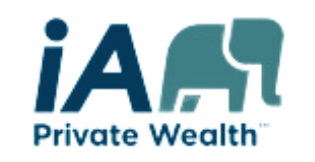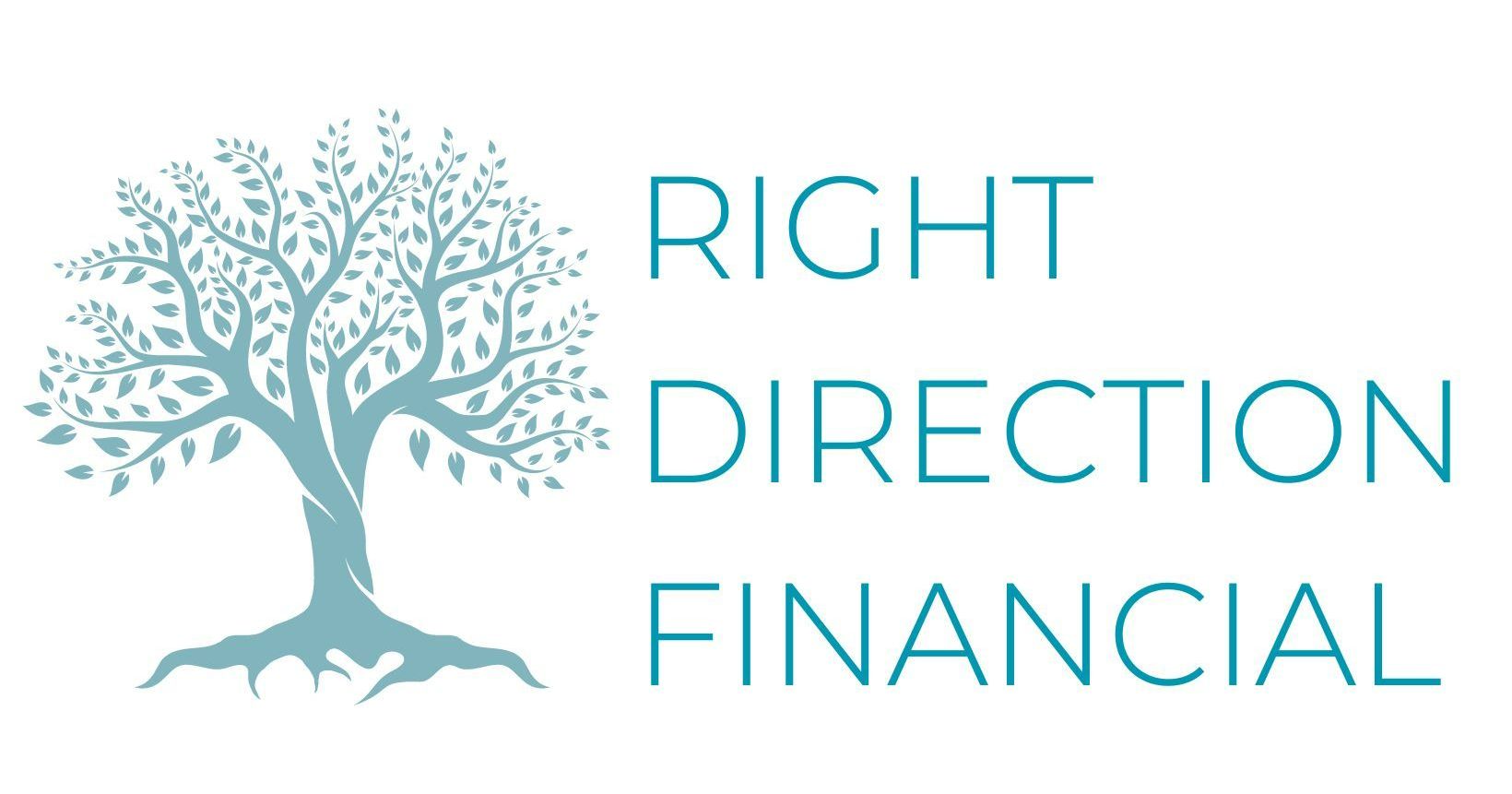Protecting Yourself from Financial Scams in Canada: Tips for 2025
March is National Fraud Prevention Month
With financial scams becoming more sophisticated, it’s crucial for Canadians to stay informed and vigilant. Fraudsters are constantly developing new tactics to steal money and personal information.
Understanding how to recognize scams, knowing your consumer rights, and reporting fraudulent activity can help protect you and others.
Here’s what you need to know in 2025.
1. Recognizing Common Financial Scams
Scammers use various tactics to deceive individuals. Some of the most prevalent scams in Canada include:
- Phishing Emails & Texts: Messages pretending to be from banks, government agencies, or businesses, asking for personal details.
- Investment Scams: Promises of high returns with little to no risk, often involving cryptocurrency or fake stock opportunities.
- Fake CRA Calls: Fraudsters posing as Canada Revenue Agency (CRA) agents, demanding immediate payment for supposed tax debts.
- Romance Scams: Fraudsters build online relationships and eventually ask for money under false pretenses.
- Tech Support Scams: Calls or pop-ups claiming your device is compromised, urging you to pay for unnecessary services.
2. Understanding Your Consumer Rights
As a Canadian consumer, you have rights and protections against fraud. These include:
- Chargeback Protections: Credit card companies allow consumers to dispute unauthorized transactions.
- Privacy Laws: Organizations must protect your personal information and cannot share it without consent.
- No Immediate Payment Demands: Government agencies and legitimate businesses do not demand payment via gift cards, cryptocurrency, or wire transfers.
- Cooling-Off Periods: Some purchases and contracts allow for cancellation within a set timeframe.
3. Where to Report Fraudulent Activity
If you suspect fraud or have fallen victim to a scam, report it as soon as possible. Key agencies to contact include:
- Canadian Anti-Fraud Centre (CAFC): Report fraud and scams at Your Bank or Credit Card Provider: Inform them immediately to block fraudulent transactions and recover lost funds.
- Local Law Enforcement: File a report if you’ve suffered financial loss due to fraud.
- The Competition Bureau: Report deceptive business practices and fraud at www.competitionbureau.gc.ca.
4. Preventative Measures to Stay Safe
- Verify Requests: Contact companies directly using official phone numbers before sharing information.
- Monitor Your Accounts: Regularly check your bank and credit card statements for unauthorized transactions.
- Enable Two-Factor Authentication: Adds an extra layer of security to online accounts.
- Educate Yourself & Others: Share scam warnings with family and friends to prevent them from becoming victims.
Final Thoughts
Fraudsters are always looking for w ways to exploit individuals, but staying informed and cautious can help protect you. By recognizing scams, understanding your rights, and reporting fraudulent activity, you can safeguard your finances in 2025.
Source: www.canada.ca


















